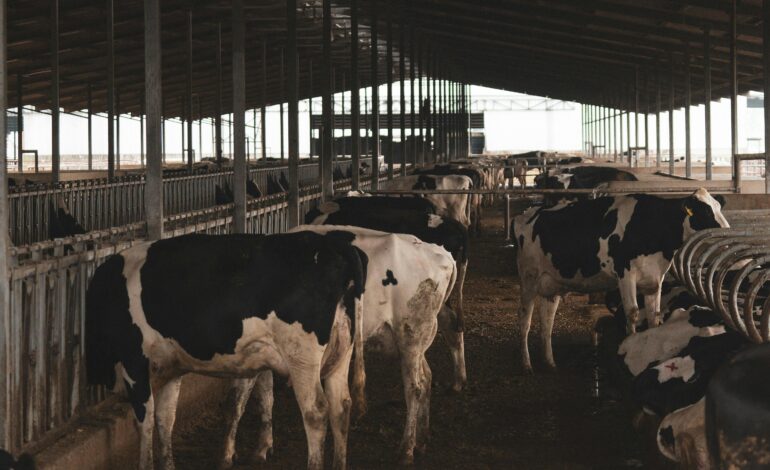Govt Unveils Steps to Stabilize Agriculture Markets, Aid Farmers

New Delhi, April 4 — Agriculture marketing, being a State subject, is primarily influenced by local demand and supply dynamics, trade policies, and taxes. However, the Central Government continues to play a crucial role in balancing domestic markets and ensuring farmers receive fair prices, especially for perishable agricultural produce.
In a written reply to the Rajya Sabha today, Minister of State for Agriculture and Farmers’ Welfare, Shri Ramnath Thakur, detailed the steps taken by the government to protect farmers from agriculture markets fluctuations and ensure the stability of agricultural prices.
Key initiatives include the Market Intervention Scheme (MIS), designed for perishable horticultural and agricultural commodities, and the Integrated Scheme for Agriculture Marketing (ISAM), which promotes scientific storage infrastructure. Additionally, the National Agriculture Market (e-NAM) provides an online trading platform that facilitates competitive bidding for better price discovery.
The Agmarknet web portal also plays a pivotal role in collecting and disseminating real-time agriculture markets price information across the country, while the Agriculture Infrastructure Fund (AIF) offers long-term loan facilities for building post-harvest infrastructure such as warehouses and community farming assets.
To protect farmers from distress sales during times of oversupply, the Ministry implements MIS under the Pradhan Mantri Annadata Aay Sanrakshan Abhiyan (PM-AASHA). This scheme allows for the procurement of perishable crops not covered under the Price Support Scheme (PSS). It is activated at the request of State or Union Territory governments, which are required to bear a portion of the losses incurred — 50% for most states and 25% for North-Eastern states.
From the 2024-25 season, the government has introduced a Price Differential Payment (PDP) component under MIS. This allows states to directly compensate farmers for the difference between the Market Intervention Price (MIP) and the actual selling price, providing an alternative to physical procurement.
Further strengthening the support system, a new provision has also been added under MIS to reimburse Storage and Transportation costs for TOP (Tomato, Onion, and Potato) crops. This aims to facilitate the movement of surplus produce from producing to consuming regions, preventing wastage and supporting farmer incomes.
These measures reflect the government’s ongoing commitment to creating a robust agricultural marketing framework that safeguards farmers and enhances the efficiency of the supply chain.






